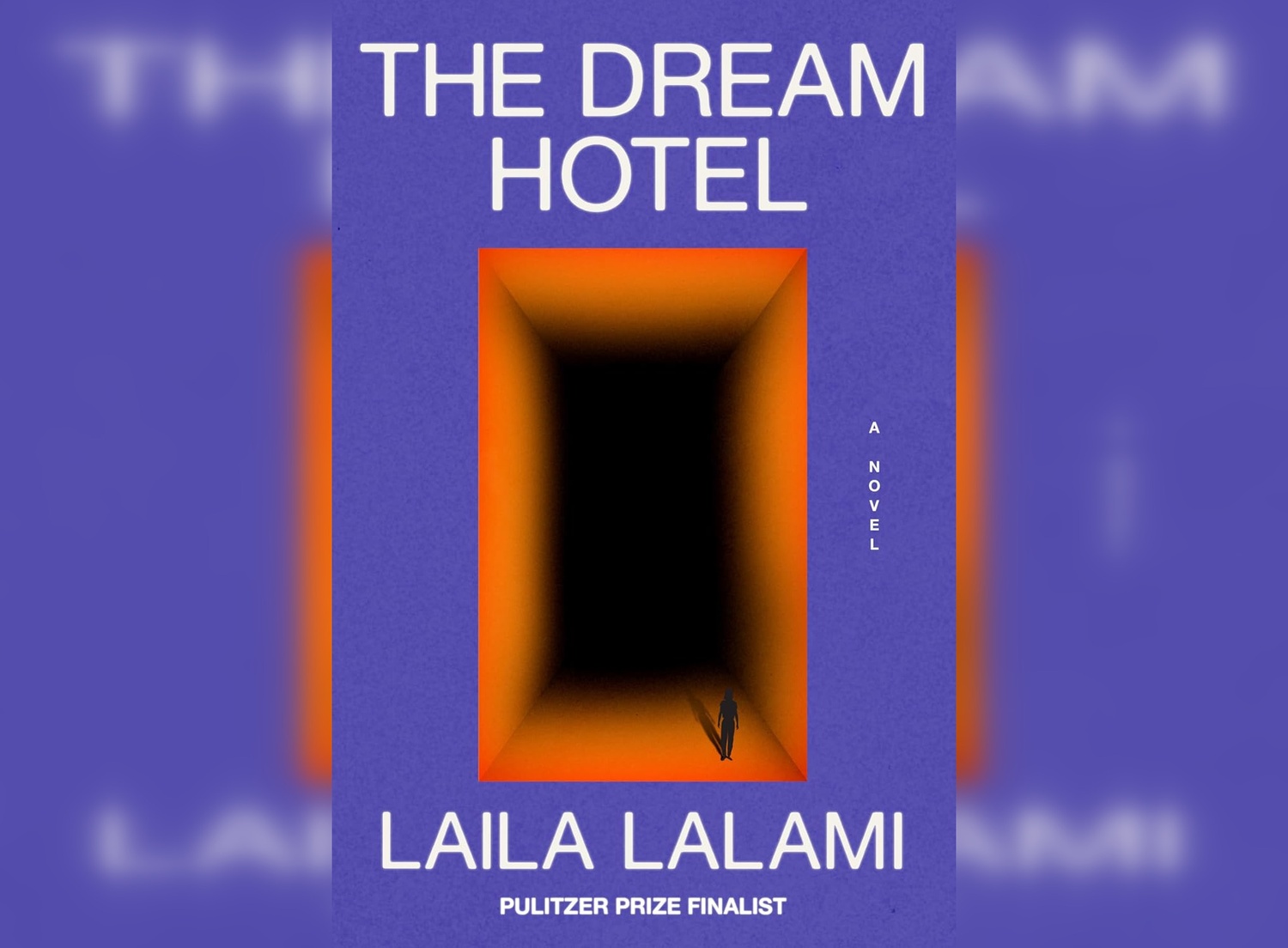
News
Summers Will Not Finish Semester of Teaching as Harvard Investigates Epstein Ties

News
Harvard College Students Report Favoring Divestment from Israel in HUA Survey

News
‘He Should Resign’: Harvard Undergrads Take Hard Line Against Summers Over Epstein Scandal

News
Harvard To Launch New Investigation Into Epstein’s Ties to Summers, Other University Affiliates

News
Harvard Students To Vote on Divestment From Israel in Inaugural HUA Election Survey
‘The Dream Hotel’ Review: Deeply Philosophical But Exaggeratedly Didactic
3.5 Stars

In a near-future dystopia, wife, mother, and archivist Sara Hussein is taken to a women’s retention center after a misunderstanding during which customs gave her too high of a risk score as she travelled back to LAX. However, this risk score isn’t just the result of her actions — it’s also due to her dreams. The dream-reading software she uses to improve her sleep has indicated that — in the future — she might be a threat to her husband’s life. In a world where concerns about algorithms, surveillance, and criminal justice are becoming more and more pronounced, Laila Lalami’s book “The Dream Hotel” offers an immersive although sometimes overly didactic exploration of what it means when all of our actions — even those that occur in our dreams — are tracked.
“The Dream Hotel” is Lalami’s fifth novel. It is the first that deals with algorithms and technology, but it continues in a similar thread of her other books through the exploration of Moroccan and Moroccan-American identity (Sara’s parents moved from Morocco to California). The novel was longlisted for the Women’s Prize for Fiction 2025, which fittingly focused on novels exploring “personal freedom and human connection.” Lalami was also the 2023-2024 Catherine A. and Mary C. Gellert Fellow at the Harvard Radcliffe Institute, during which she worked on “The Dream Hotel.”
The world that Lalami builds within the novel is ingenious because of how closely it resembles our current reality. Sara gets a sleep-aid device from Dreamsaver, Inc. in order to learn how she can improve her sleep — a reason that many people choose to get fitness trackers. Likewise, throughout the story — which is set in California — wildfires are a major part of the plot. This subtle detail is eerily realistic, showing the extent to which climate change is an important part of the conversation when it comes to any near-future dystopia. The realism that Lalami instills throughout the book makes her arguments more salient, her characters more like someone you might meet in your life, and her warnings more urgent.
All of the book — save one chapter — is from Sara’s point of view, and because of that her character feels complex, likeable, and worth rooting for. As she goes through stages of despair, radicalism, and, finally, hope throughout her time at the retention center, her interiority feels raw and real. She contemplates motherhood, marriage, and her relationship with her father, offering the complex and messy reflections that come along with following a character’s interiority for over 300 pages.
Yet, the other characters in the book feel less developed. As Sara questions the intentions and hidden secrets of the other women in the retention center and even her husband, she struggles to feel like she really knows them. This paranoia makes the cast of characters feel shallow, as the lack of information makes them more difficult to relate to. Additionally, in a single chapter the point of view switches to Julie, a worker at the company Safe-X, which runs retention centers. Julie’s research involves Sara’s case, which adds vital plot information, however more chapters from Julie’s point of view would have added understanding the motives behind Safe-X.
Throughout the book, Sara frequently contemplates the ethics and philosophy behind the surveillance state that she lives in. She reflects on ideas such as the bias of algorithms, if the blame should be put on technology or the people who create it, and the reality of attempting to be a Luddite. News articles are interspersed throughout the novel, such as one that debates which data can be used to inform the algorithms. As Sara spends long periods of time reflecting on what a successful and safe relationship with certain technology might look like, Lalami brings up meaningful questions related to AI safety and safety with technology more broadly. However, sometimes this reflection drags on longer than is warranted; after all, Sara’s experience in the retention center offers enough of an argument as to what the true effects of these algorithmic technologies are.
Overall, “The Dream Hotel” is a perfect novel to pick up if you’re looking for a main-character driven, philosophical, and near-future dystopia, although the highlights come with an often overtly didactic read.
—Staff writer Hannah M. Wilkoff can be reached at hannah.wilkoff@thecrimson.com.
Want to keep up with breaking news? Subscribe to our email newsletter.
